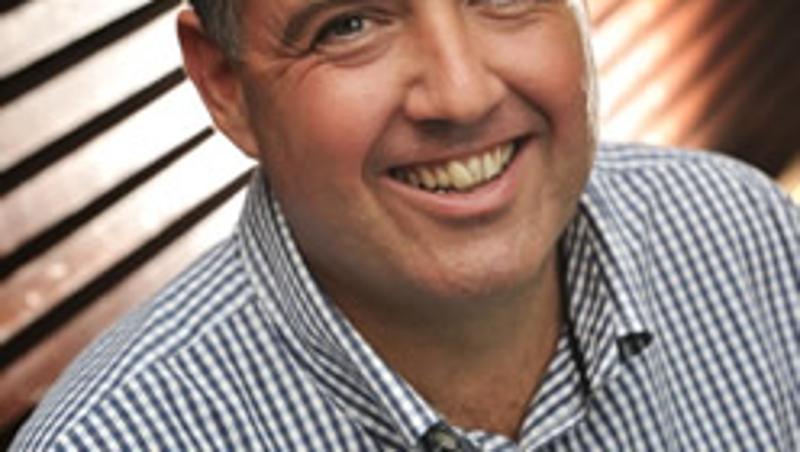
The future of Australia's manufacturing industry depends upon a fundamental shift in thinking, said the inaugural Queensland University of Technology Chair of Design and Innovation Professor Sam Bucolo.
Professor Bucolo who has a background in design, manufacturing and commercialisation said the biggest challenge facing the manufacturing industry was not the high Australian dollar but the industry's ability to deal with it.
"Australia has gone from a relatively low-cost economy to a high-cost one and that situation is not going to change," he said.
"To compete internationally we need to change not only the way we produce goods and services but companies need to undergo organizational change as well.
"This can be a big ask given that the majority of manufacturing businesses are small to medium-sized businesses, often family owned.
"Businesses need to take stock and look at what new technology, processes and engagement with customers could be incorporated into their enterprises to make them more competitive.
"Because the emerging industrial giants of China and India are in a developmental stage, they are incorporating the newest technologies and linking this with some advanced new product development processes into their enterprises and this is and will continue to make them very competitive."
Professor Bucolo said businesses that have survived the GFC will be increasingly challenged in future years unless they redesign their businesses and incorporate new approaches to innovation.
"In redesigning their business they need to consider what their point of difference is in relation to emerging competitors," he said.
"This should involve talking to their customers to ascertain their medium and long-term needs.
"It may involve importing a component they currently manufacturer and placing emphasis on assembly rather than full manufacture.
"Being able to supply product is crucial and many major companies prefer to purchase locally to ensure supply, but cost is a big factor in their decision-making process.
"If it's cheaper for manufacturers to import a component of their product, manufacture the rest and assemble it locally, this can be a good option."
Professor Bucolo said manufacturers needed to strive to be a world leader in their field.
"They need to make/assemble locally and aim to export," he said. "That way they'll not only grow their business but jobs as well.
"Countries that succeed have strong manufacturing industries. Switzerland and Germany have made this transition and are competitive. Australia can be, too, so long as manufacturers shift their thinking."
He said universities could help.
"We can bridge this gap between the current scenario and what a business model needs to be in order to be more competitive in the future.
"European manufacturers often work closely with universities and see them as critical to helping develop design and technology solutions.
"QUT will be working closely with industry, QMI Solutions and government to be a source of R&D and expertise to help Australian companies shift gears and take hold of the future," Professor Bucolo said.
Queensland Manufacturing fast facts:
•Employs approx 187,500 people
•20,000 businesses
•95% of Queensland manufacturing firms are SMEs
•3rd largest contributor to Gross State Product (GSP) with a value of $18.55B in 2009- 10.
Media contact: Rose Trapnell, QUT team leader, 07 3138 2361 or 0407 585 901 rose.trapnell@qut.edu.au


